It’s normal to go through temporary periods of increased anxiety during the various chapters of life. A new job, familial challenges or world events can lead us to feel more anxious. Unfortunately, many people feel anxiety for prolonged periods of time or at a high level of intensity. Frequent and/or severe anxiety is not normal and can have a drastic impact on the quality of one’s life. Many people turn to alcohol in an attempt to decrease their anxiety and its use is closely linked to mental health disorders. Alcohol initially causes us to feel relaxed and at ease but frequent use can actually cause anxiety to worsen and be detrimental to mental health and well-being.
Alcohol is a sedative and depressant that acts on the central nervous system. Initially, it can reduce worries and help increase feelings of relaxation due to its effects on serotonin and other neurotransmitters. Alcohol depresses brain function by influencing the balance between inhibitory and excitatory neurotransmitters. More specifically, alcohol decreases the action of excitatory neurotransmitters and increases the action of inhibitory neurotransmitters. GABA, or gamma-aminobutyric acid, is our primary inhibitory neurotransmitter and is responsible for feelings of relaxation and sedation. Research suggests that short-term alcohol use increases the inhibitory effects of GABA and several other inhibitory neurotransmitters, thus causing its anxiolytic, or anti-anxiety, effect. Additionally, alcohol use temporarily boosts serotonin levels and increases feelings of happiness. In the long term, however, excess alcohol use can actually lower serotonin levels and cause anxiety and depression to worsen.
Alcohol consumption becomes problematic when heavy or long-term drinking exists. Heavy drinking causes stress on the body. The body releases cortisol, our primary stress hormone, in response to this stressor. Cortisol has positive short-term effects. It allows us to respond appropriately to stressful situations by helping us to stay alert and attentive. However, chronically elevated cortisol has a detrimental effect on our health. It impairs our metabolism, specifically our ability to process sugars, and interferes with the body’s ability to heal from injury and produce healthy sex hormones. Long-term alcohol use also decreases the absorption of Vitamins B-12 and B-6. Deficiencies of these vitamins can further exacerbate depression and anxiety. Besides the alcohol itself, alcoholic beverages often contain other ingredients that have a negative impact on mental health.
Many popular alcoholic beverages contain additional potentially harmful ingredients. For example, Bud Light’s “Lime-A-Rita” ingredient list has several problematic additives including corn syrup, high fructose corn syrup and caramel color. Corn syrup and high fructose corn syrup are found in an overwhelming amount of foods and beverages across the globe. High fructose corn syrup is a man-made sweetener with metabolic effects including obesity, insulin resistance and systemic inflammation. Research has connected high fructose corn syrup to depression, anxiety and cognitive decline. Adolescents are the top consumers of this artificial sweetener and appear to be the most vulnerable to its effects. Besides artificial sweeteners, alcoholic beverages also commonly contain other questionable additives including artificial food coloring.
Caramel coloring is the most widely used coloring added to foods and beverages. This additive contains 2-methylimidazole and 4-methylimidazole, two contaminants that were found to cause cancer in male and female mice in 2007 studies conducted by the U.S. National Toxicology Program. 2-methylimidazole and 4-methylimidazole were listed as carcinogens by the State of California’s Environmental Protection Agency and are required to be listed on nutrition labels when present above a certain quantity. Besides increased cancer risk, artificial food dyes disrupt nervous system function and can worsen anxiety and contribute to the development of other mental health disorders such as ADHD.
Although alcohol can provide some short term relief from anxiety, it can be harmful for our mental health when used excessively or for a long period of time. The temporary mood boost, caused by increased serotonin and GABA activity in the brain, is often followed by more severe anxiety and depression after the drinking stops. Exercise, counseling, natural supplements or a medication prescribed by your doctor may be better choices for anxiety management than the contents of the liquor cabinet. If you suffer from anxiety or depression, please speak to your doctor or qualified mental health practitioner to get the individualized help you deserve.
References:
- Watkins, Meredith. The Connection Between Anxiety and Alcohol. American Addiction Centers. November 25, 2019. https://americanaddictioncenters.org/alcoholism-treatment/anxiety.
- Valenzuela CF. Alcohol and neurotransmitter interactions. Alcohol Health Res World. 1997;21(2):144-148.
- Jacques, Angela et al. The impact of sugar consumption on stress driven, emotional and addictive behaviors. Neuroscience and Biobehavioral Reviews. August 2019. 103: 178-199. https://doi.org/10.1016/j.neubiorev.2019.05.021
- Smith TJ, Wolfson JA, Jiao D, et al. Caramel color in soft drinks and exposure to 4-methylimidazole: a quantitative risk assessment. PLoS One. 2015;10(2):e0118138. Published 2015 Feb 18. doi:10.1371/journal.pone.0118138

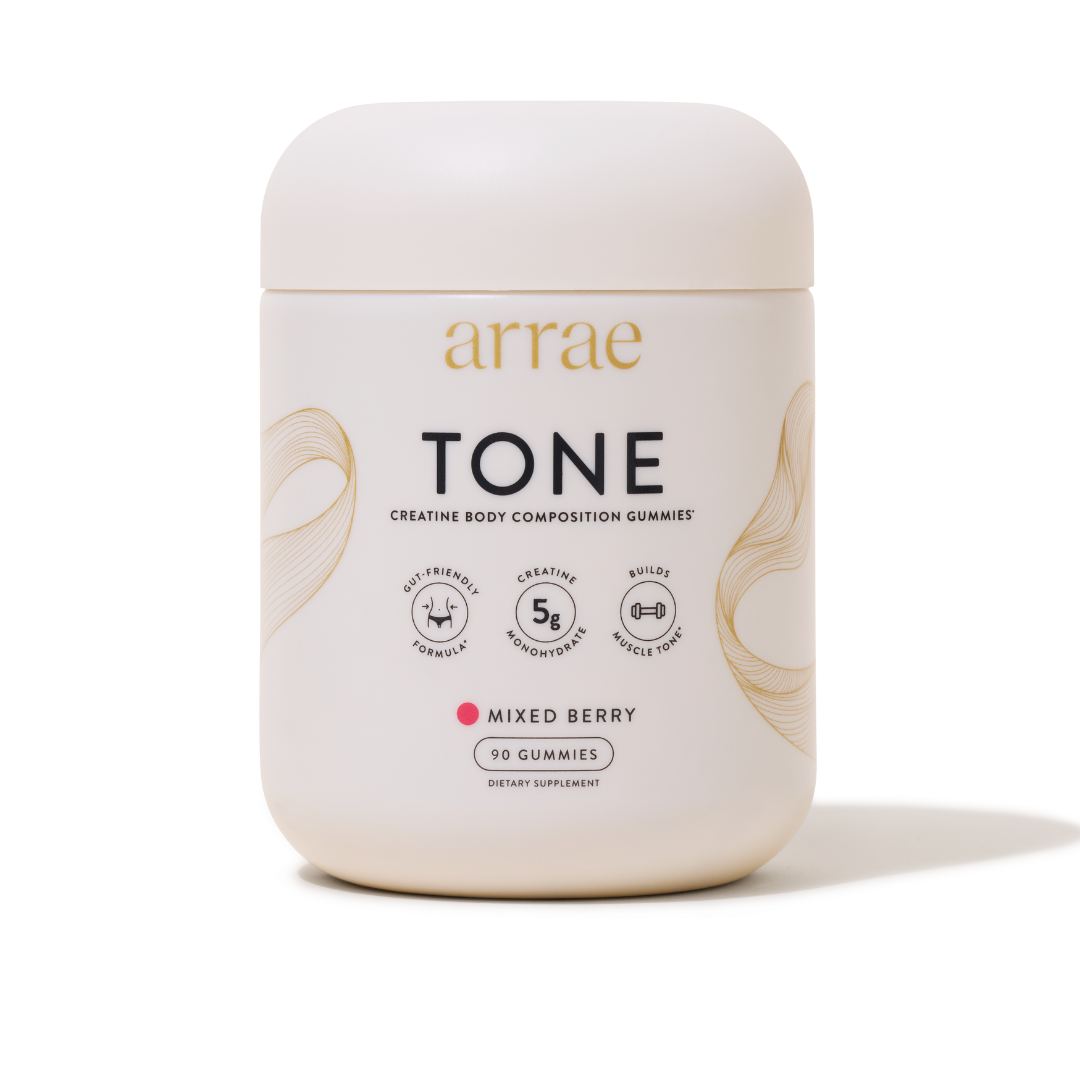
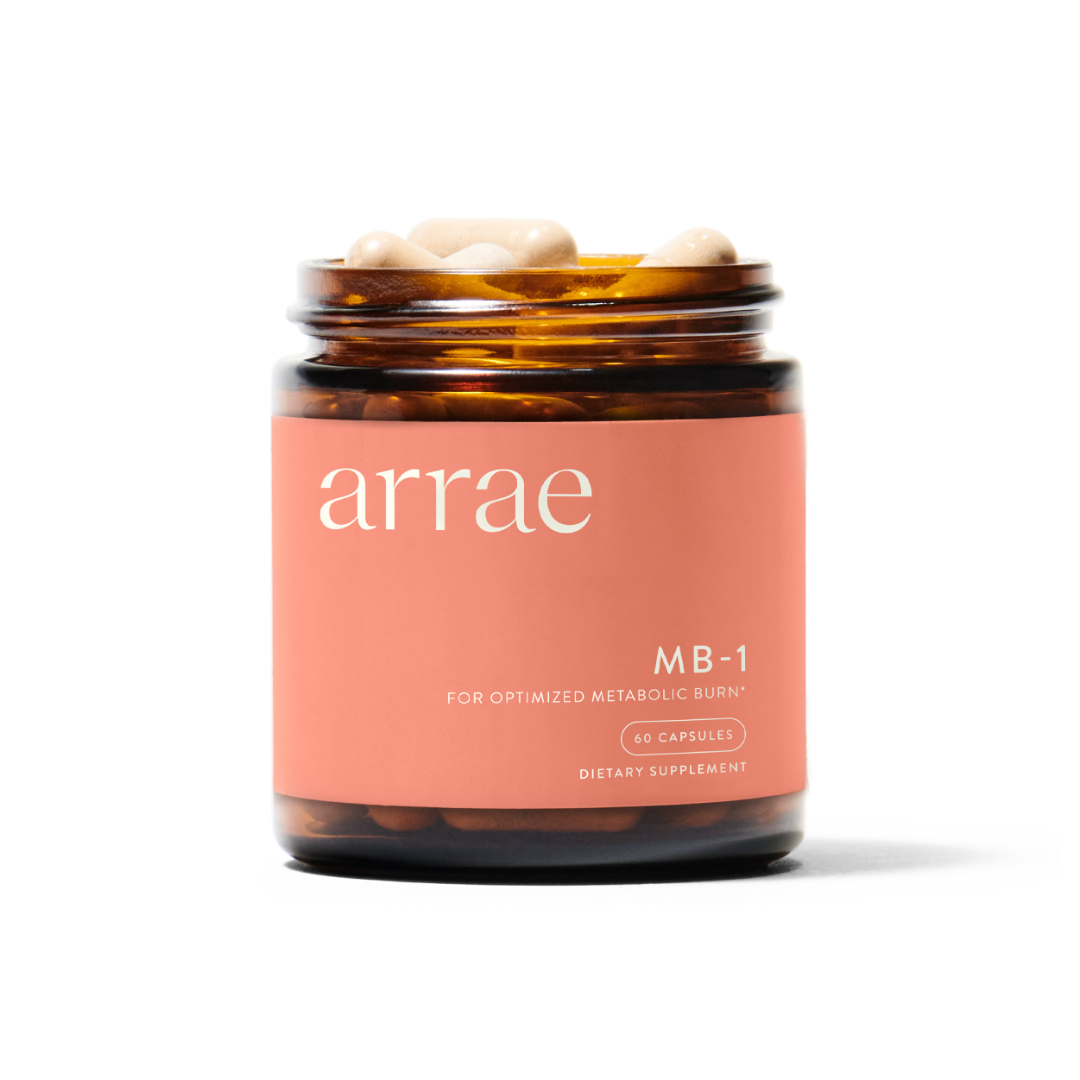
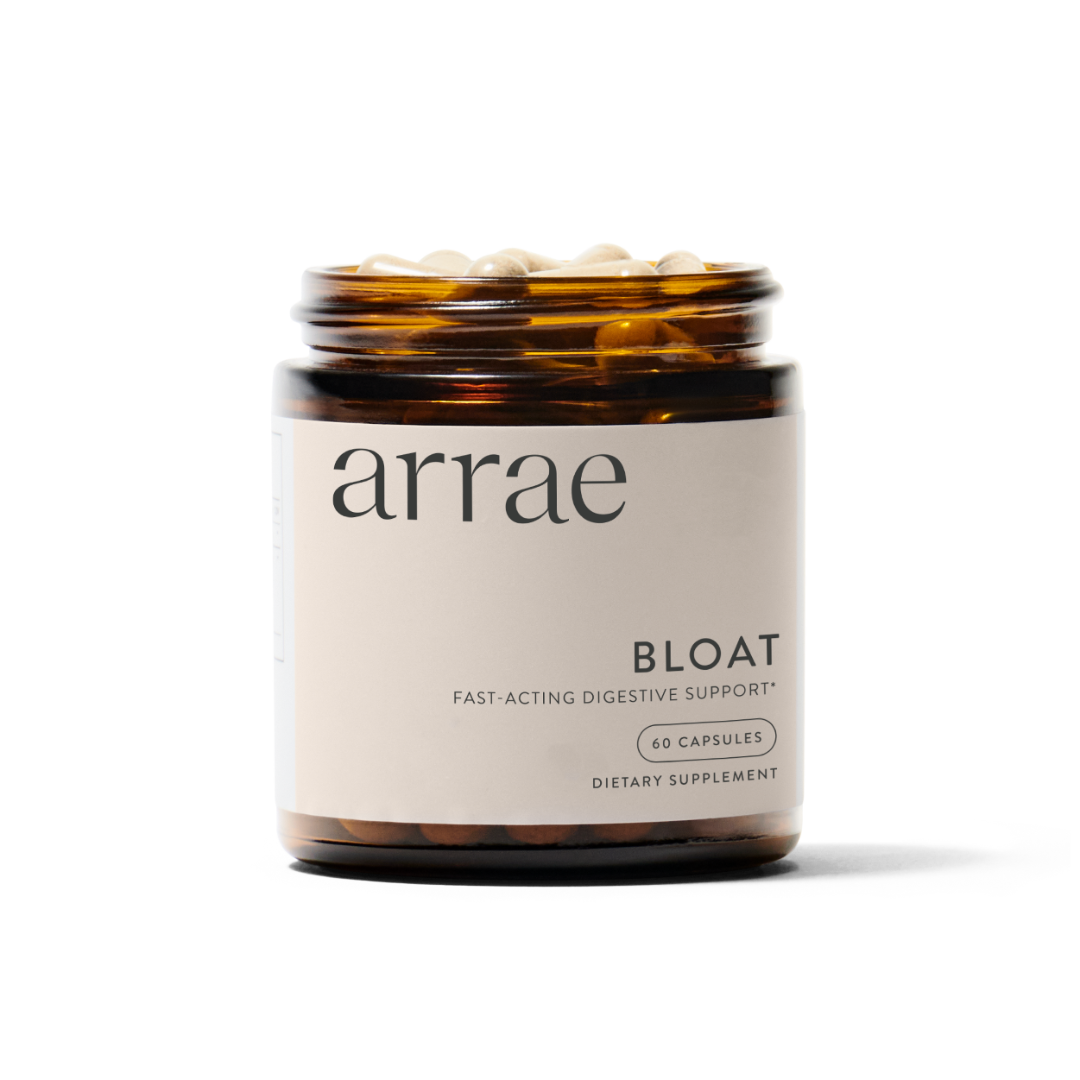
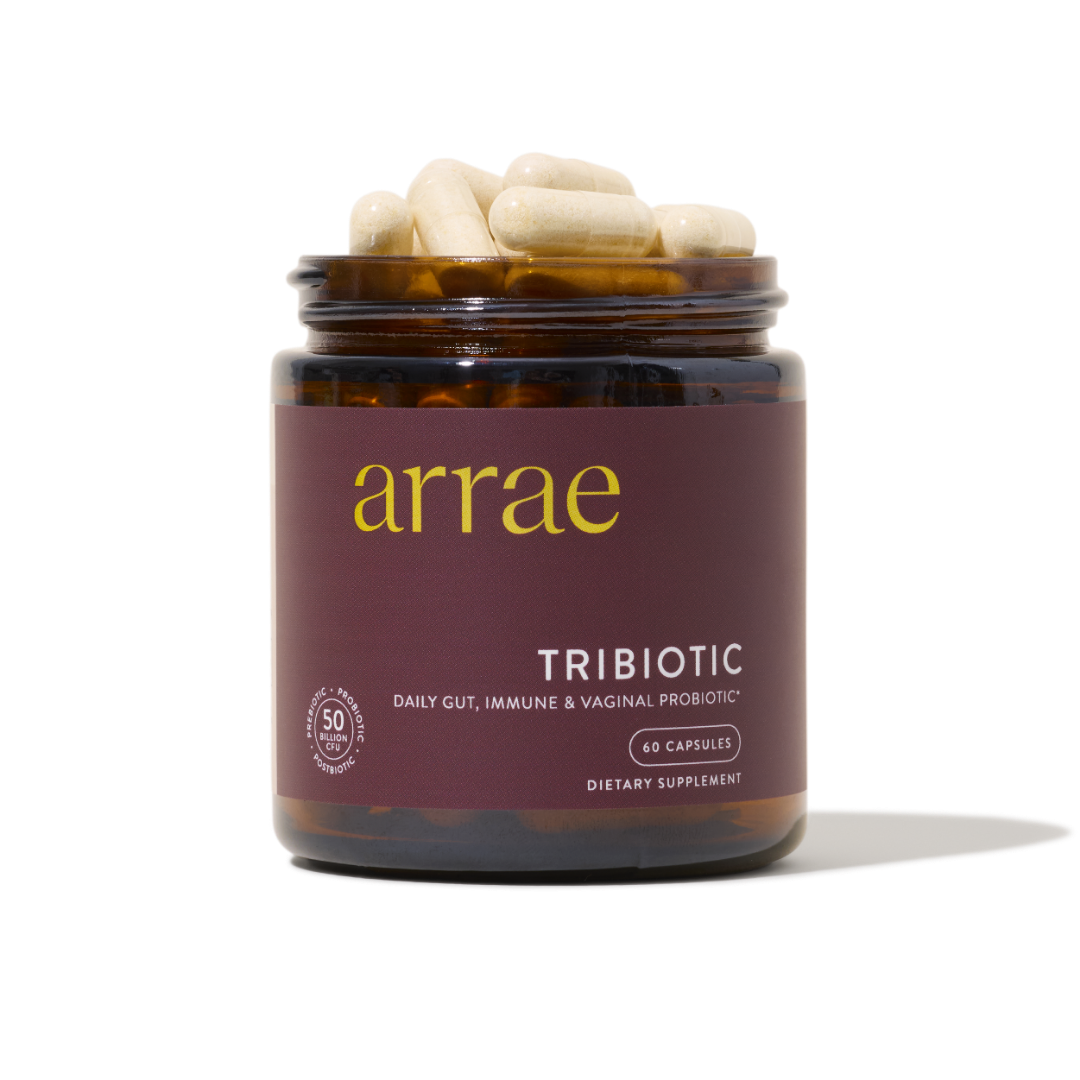
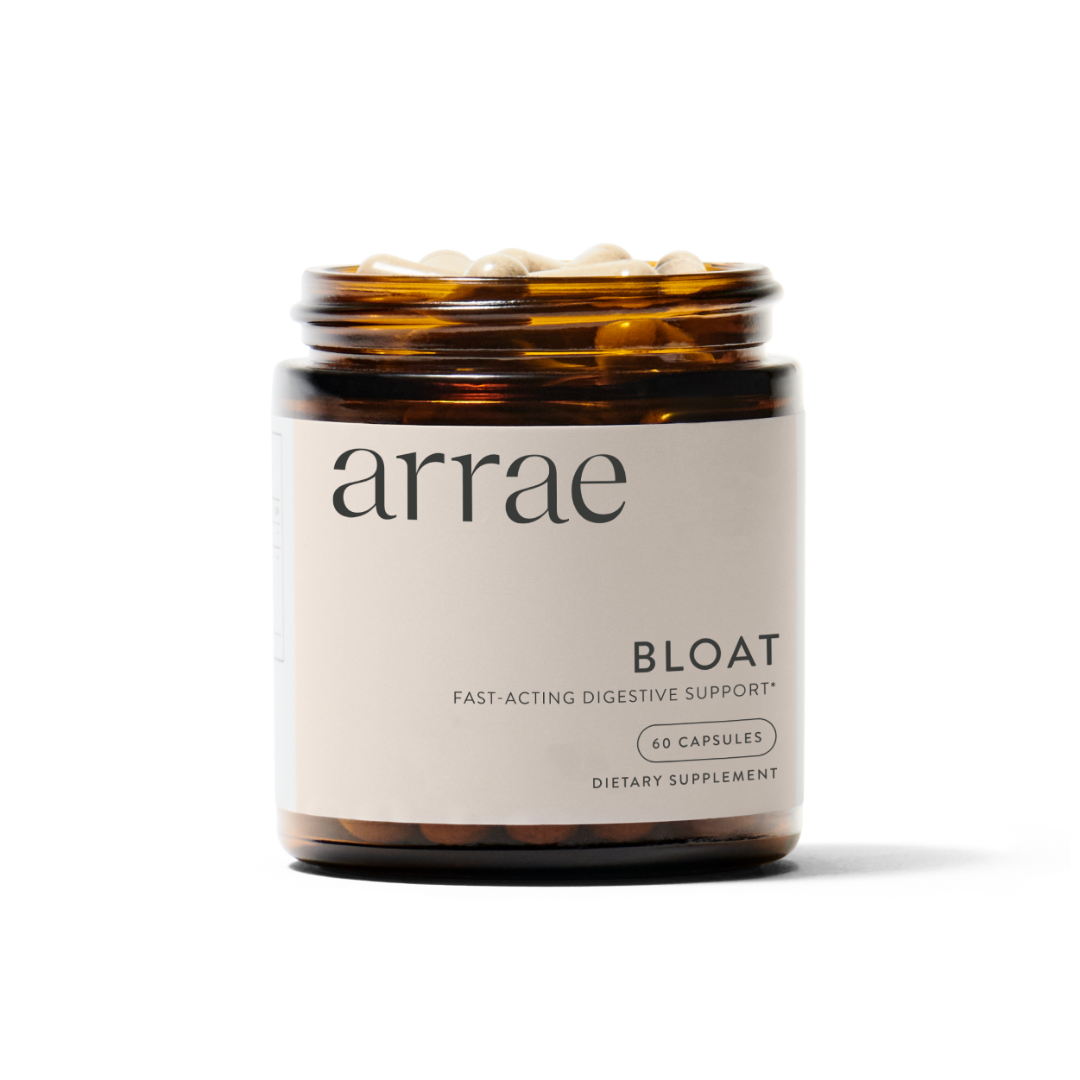
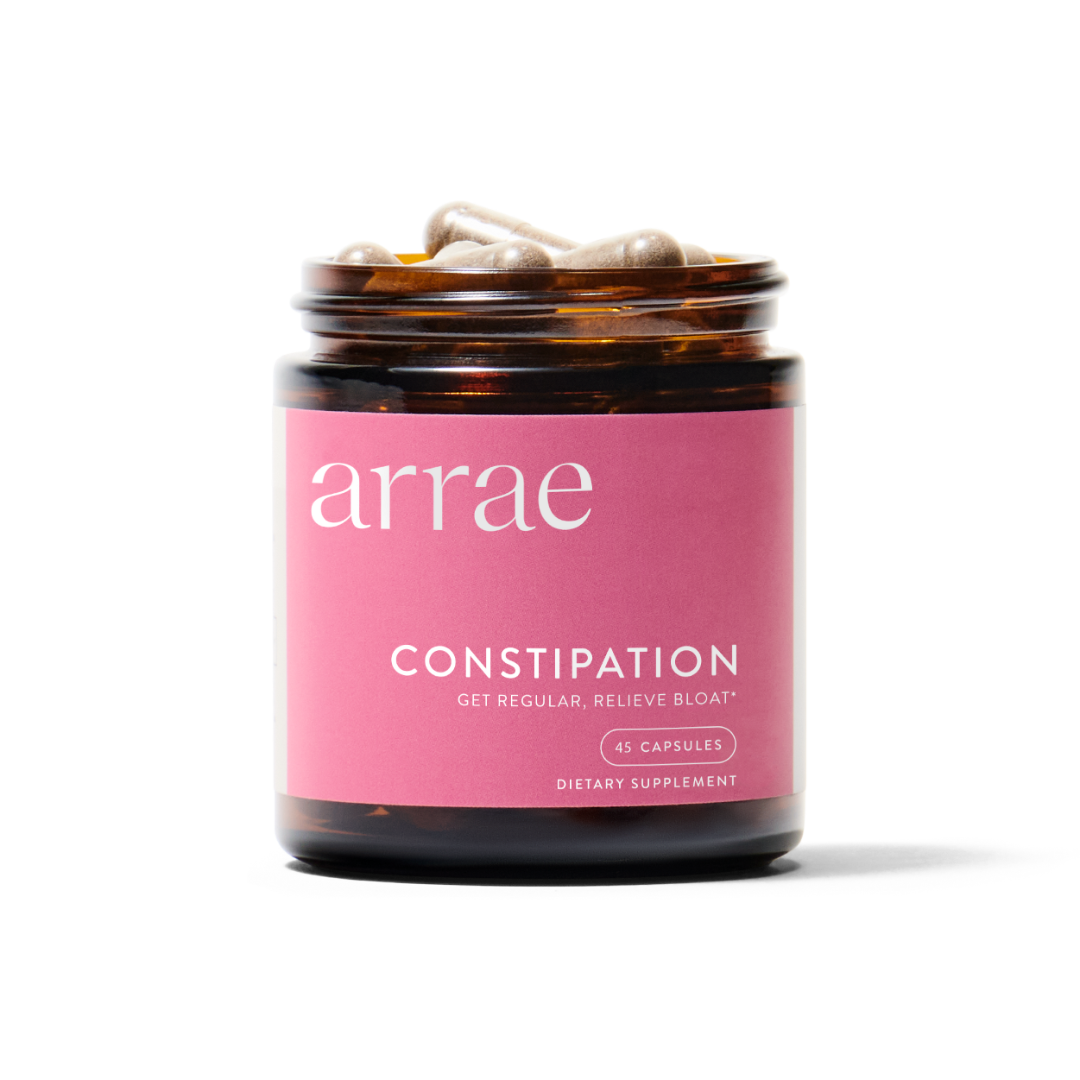

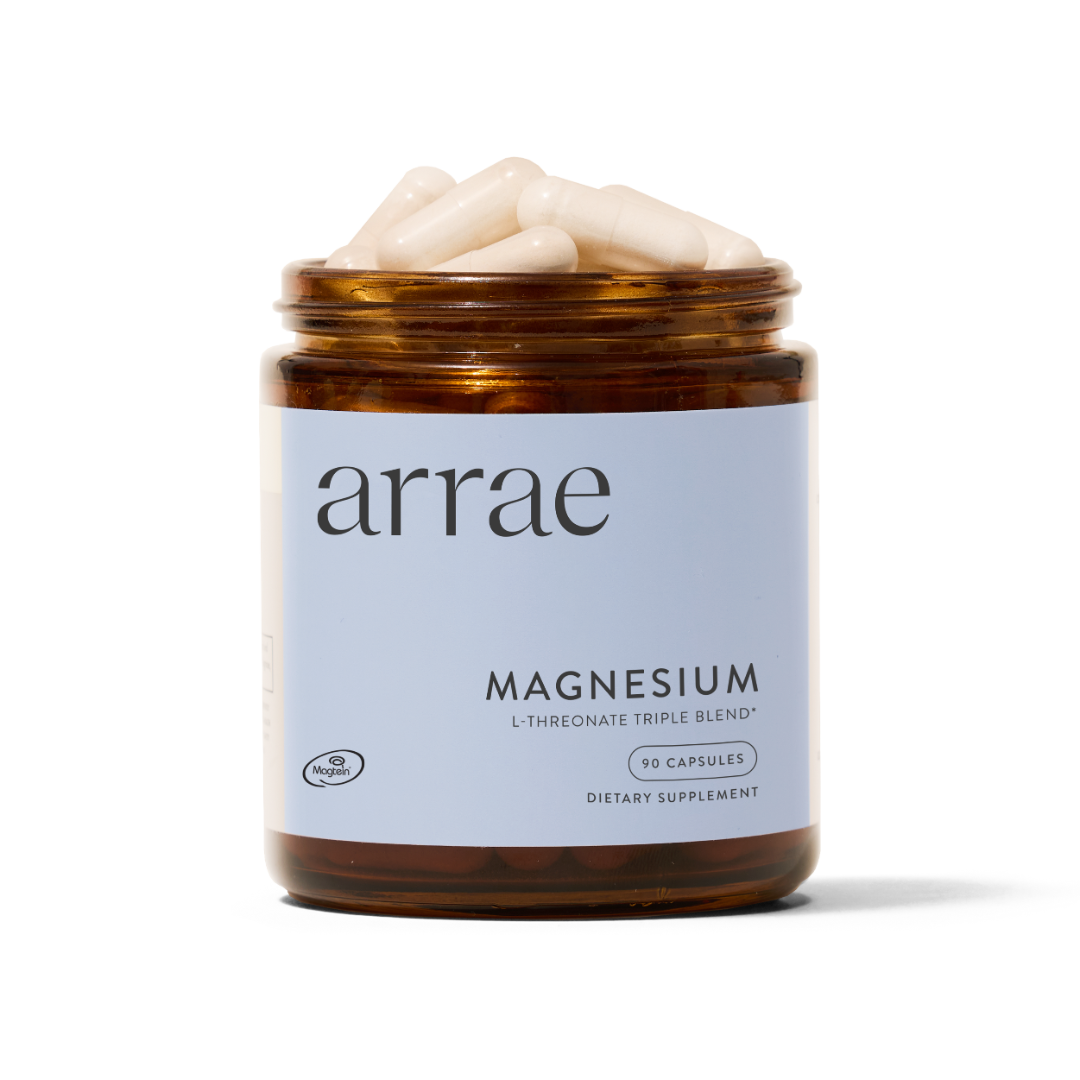
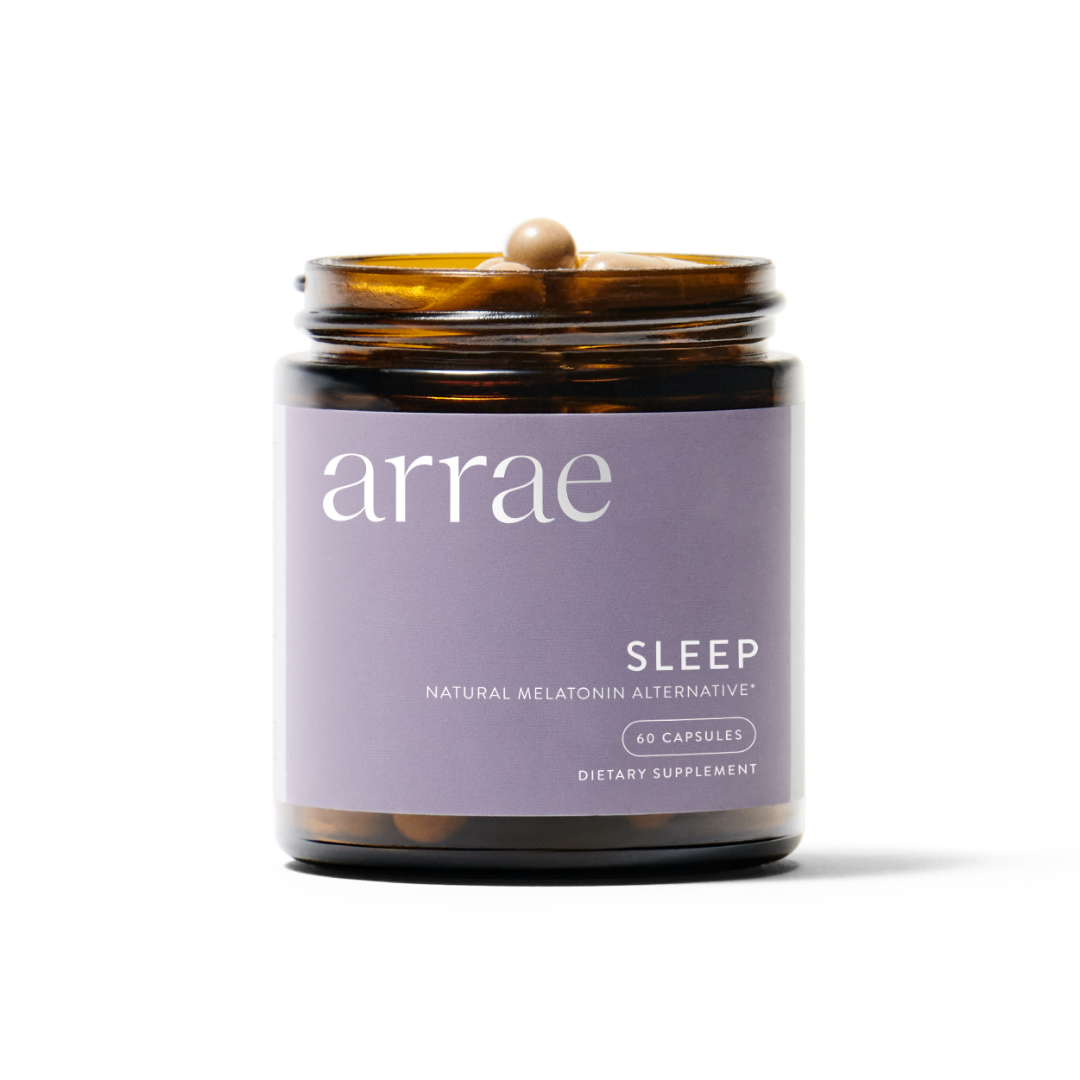
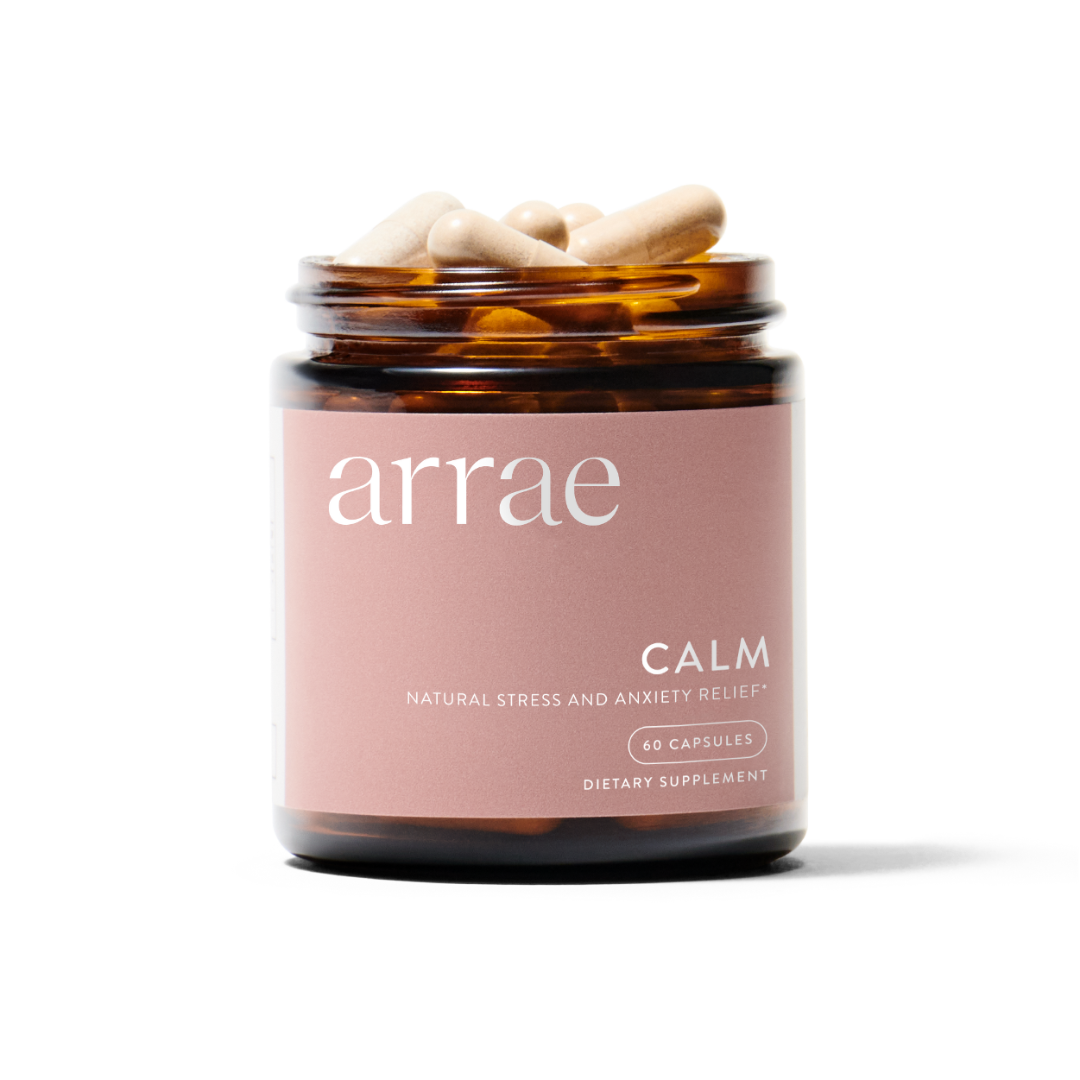
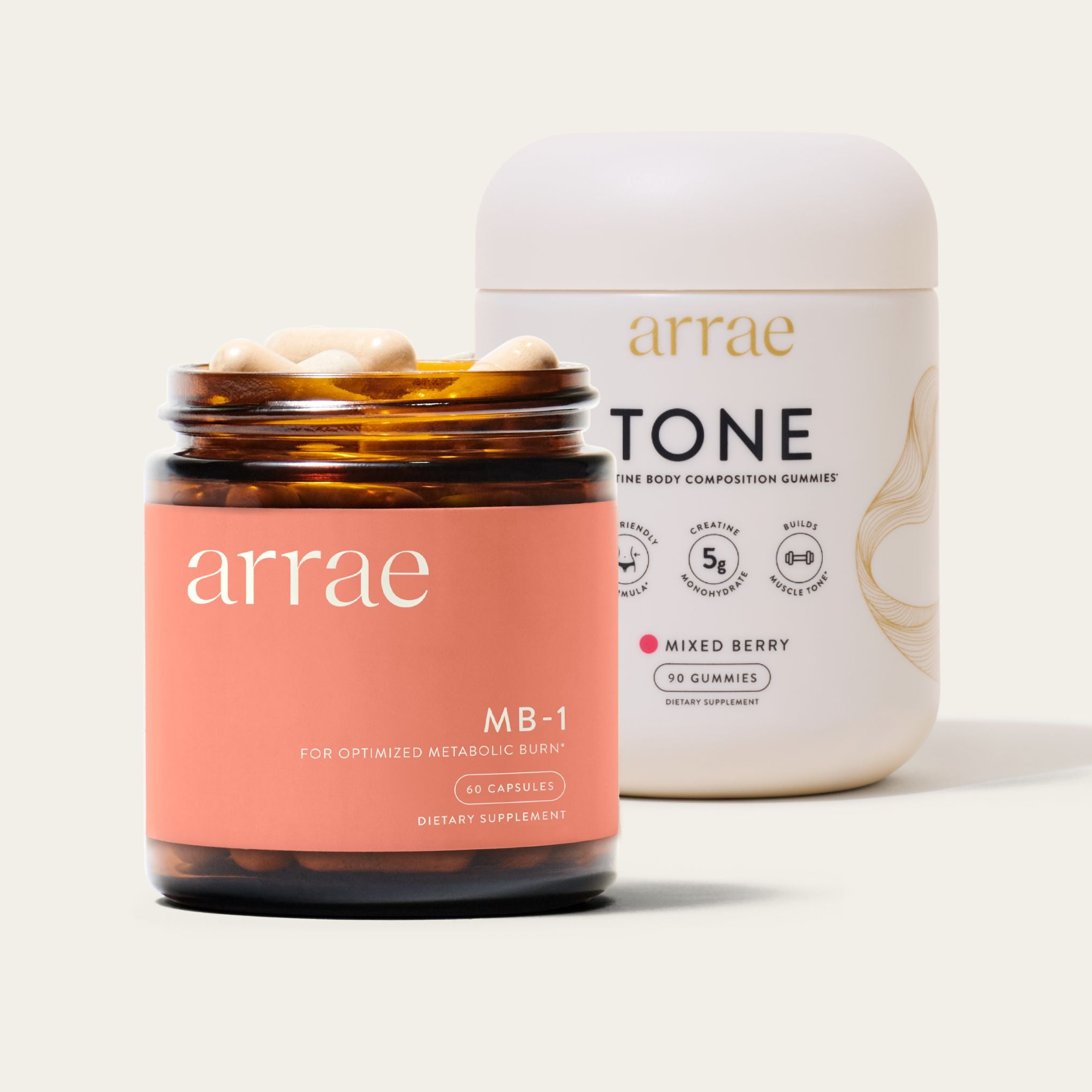
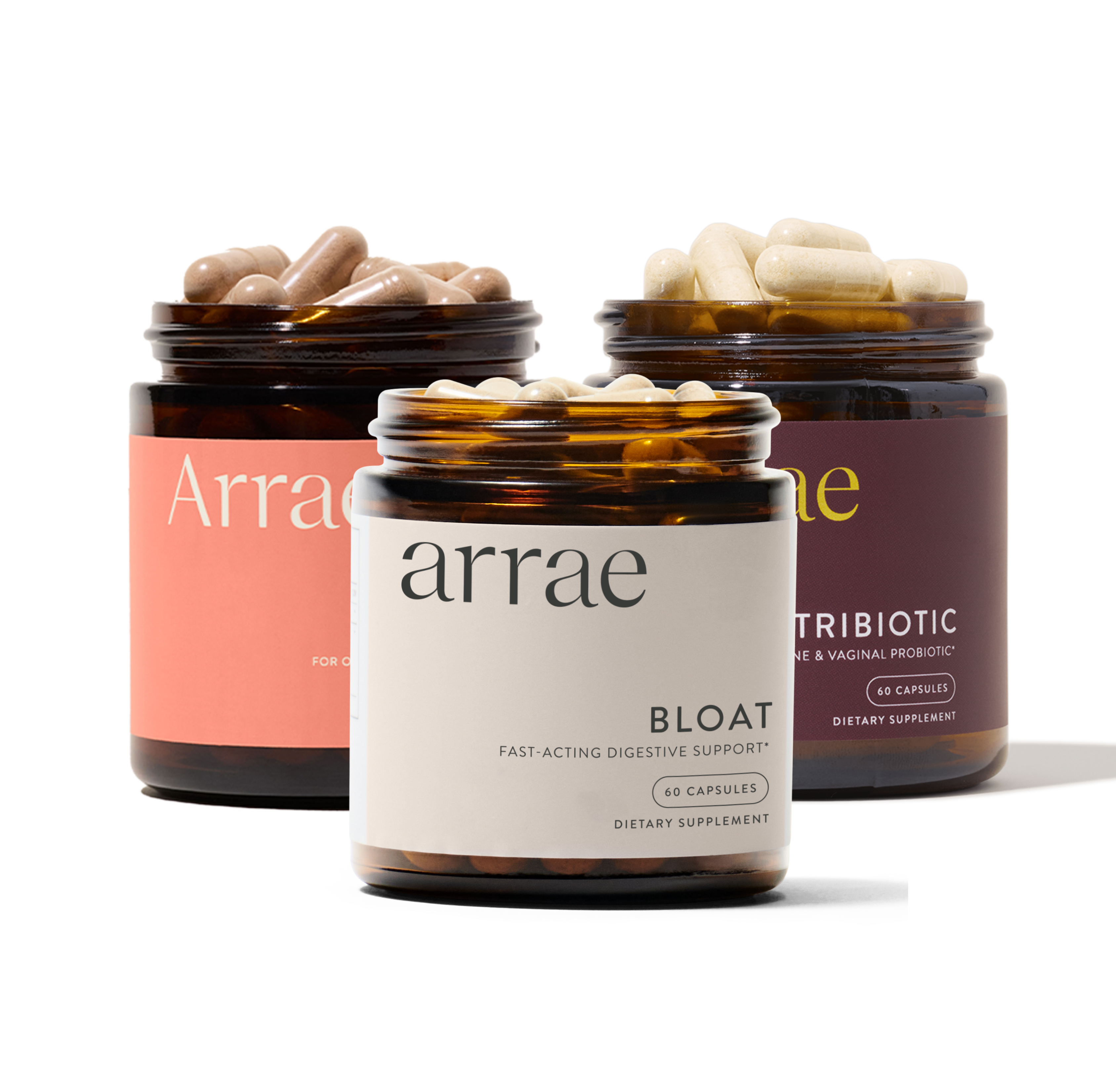
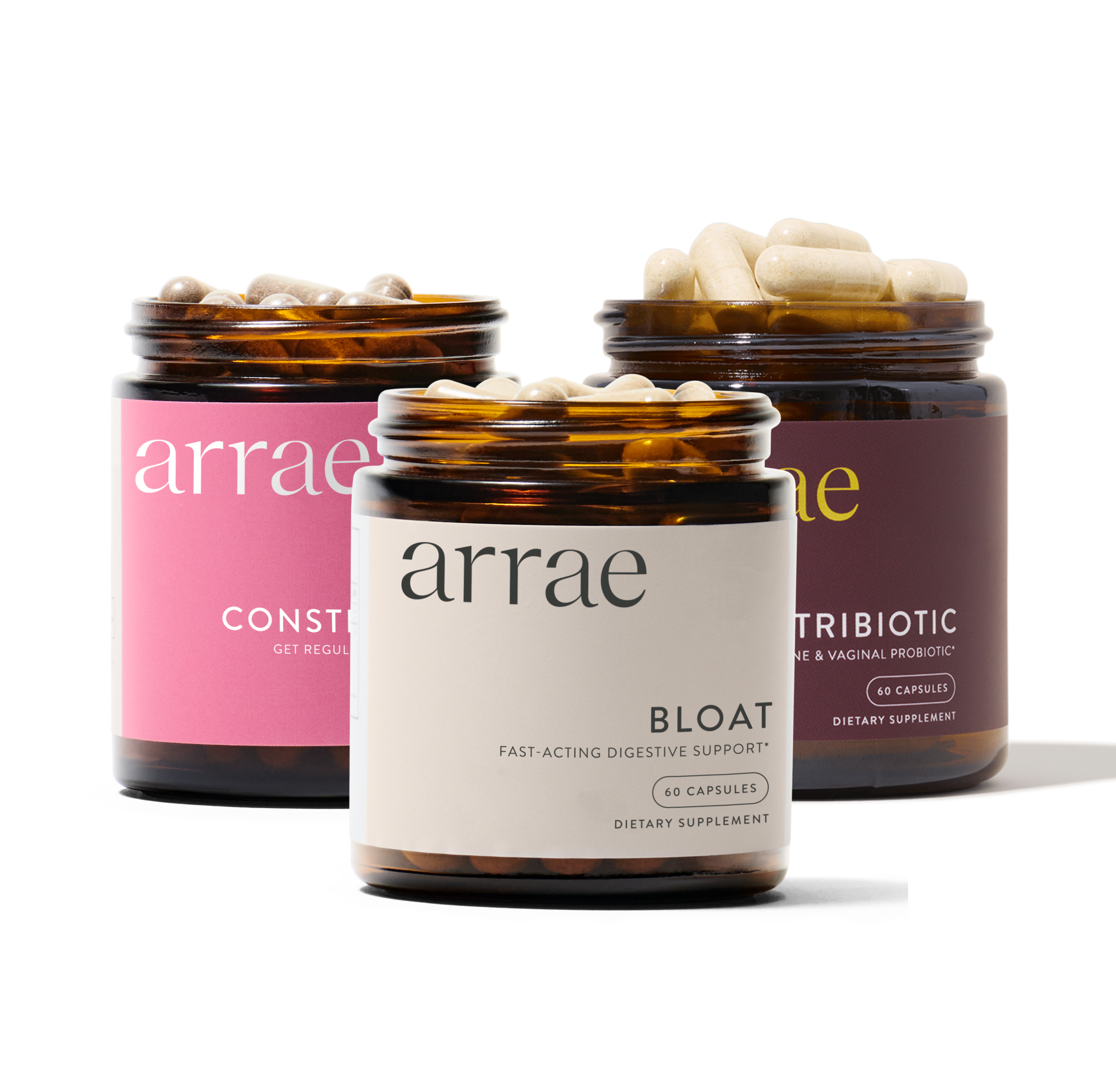






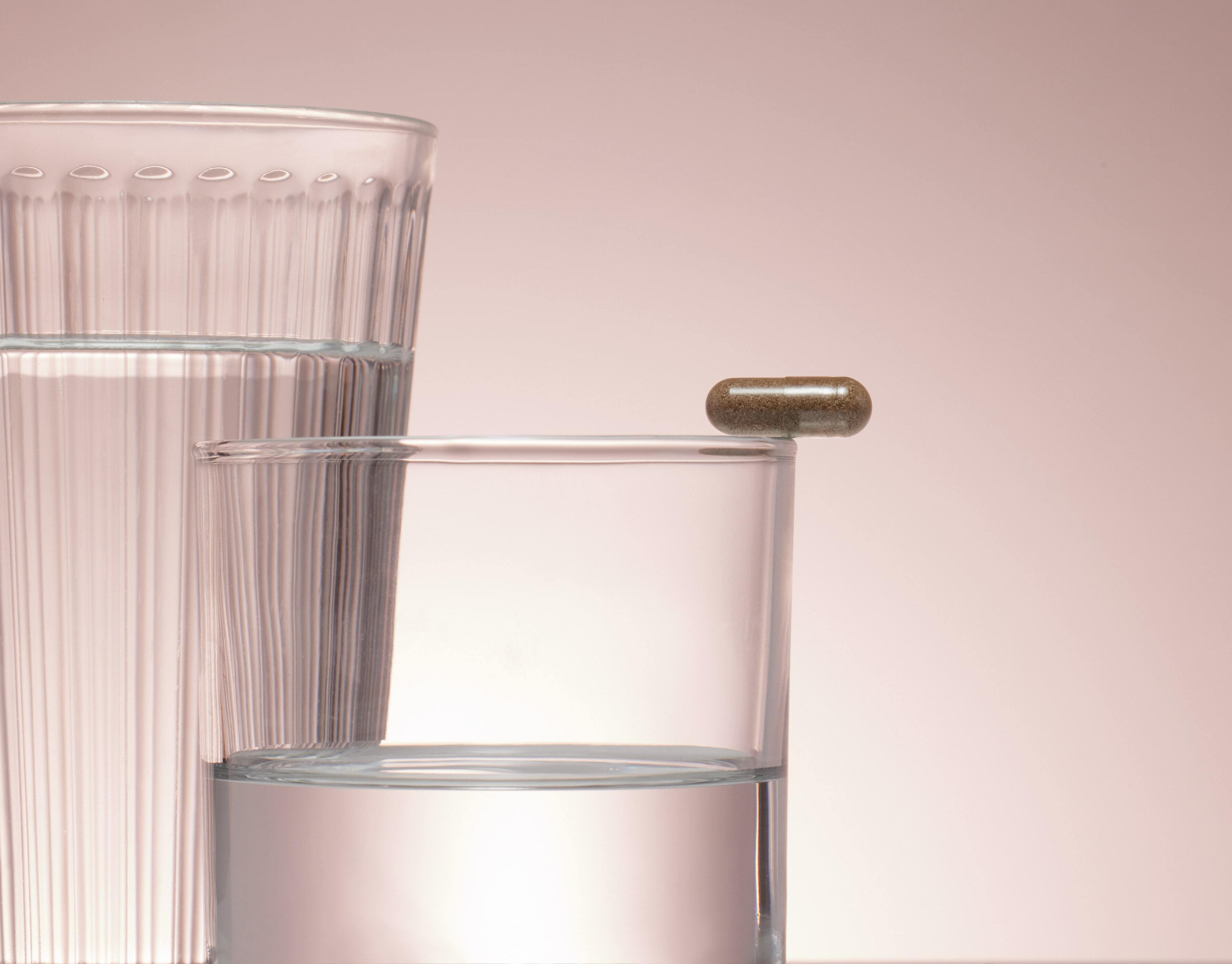

 Instagram
Instagram TikTok
TikTok Youtube
Youtube Facebook
Facebook Email
Email